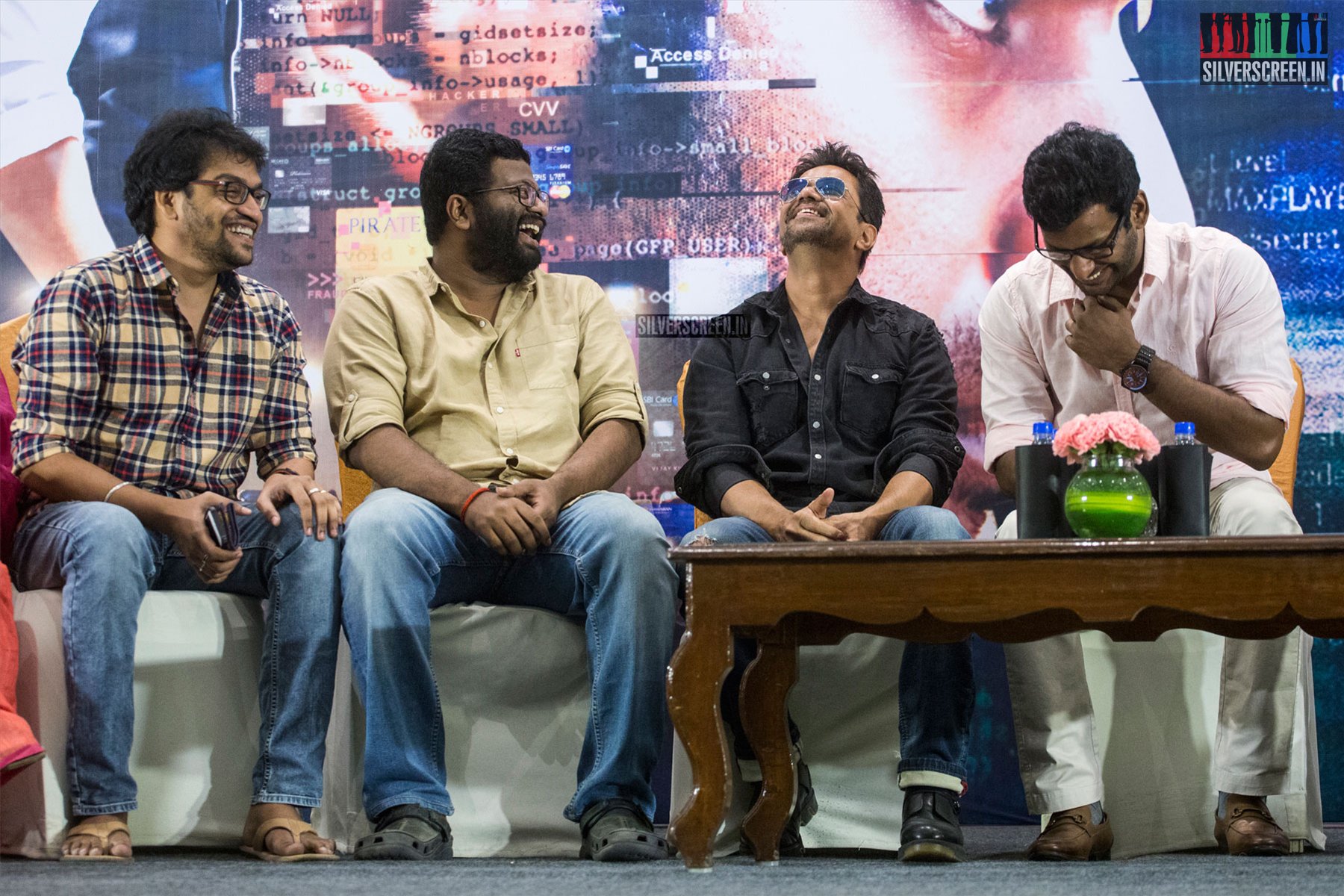Last evening actor-director Nandita Das held forth on Manto as a packed front lawn in Jaipur’s Diggi Palace listened in rapt attention. Das, as an actor has picked projects that service something larger than the story itself. As a director her work has been in response to religious conflict that tears lives apart. While Firaaq was about the 2002 riots in Gujarat, Manto, the biopic of the subcontinent’s author serves as a warning to those who bay for blood and want to partition us further.
Das was at the Jaipur Lit Fest, speaking about her book Manto & I that is filled with photos as well as her writing. Singer-author Shubha Mudgal launched the book.
Das’ book is dedicated to the many Mantos of the world. Journalist Kaveree Bamzai asked her about it and Das said, “Mantoiyat is the ability to be fearless and ask questions.” In these times, she said, it was important to do so.
Das also spoke about the stress of making her films. During both her films (Firaaq and Manto), she said she lost her voice. “Anything worth saying today has to be provocative”, Das paraphrased Manto. She also spoke of what Manto said about the society and his work. “If my work is unbearable to you, that means the society today itself is unbearable.” She spoke of how he held a mirror up to society and that is, in essence, the job of an artiste.
Das’ last film Manto’s Lahore portions, she said were shot in Vaso, a village in Gujarat. “It looked like a place where time had stood still. In the past,” she said. Incidentally, the Gujarat portions of her first film Firaaq was shot in Old Hyderabad.
Das also read a letter she wrote to Manto, on his birthday, May 11, while she was shooting the film. The letter forms a part of the book.
Recommended
At a time when Faiz is back in India, and is a part of all the protests against NRC and CAA, Das also spoke of the friendship between Faiz and Manto. She spoke about using Faiz’s poem Bol Ke Lab Azad Hai Tere in Manto‘s biopic. “I ended the film with Manto’s story Toba Tek Singh. On where people belong. And then this song comes on it is, a call to action,” she said. The only judge of any great work of art is time, Nandita said, while answering an audience question on Faiz and Manto becoming so relevant today.
On casting Nawazuddin as Manto, Nandita Das said it was because of his eyes. “There was something in his eyes.”



